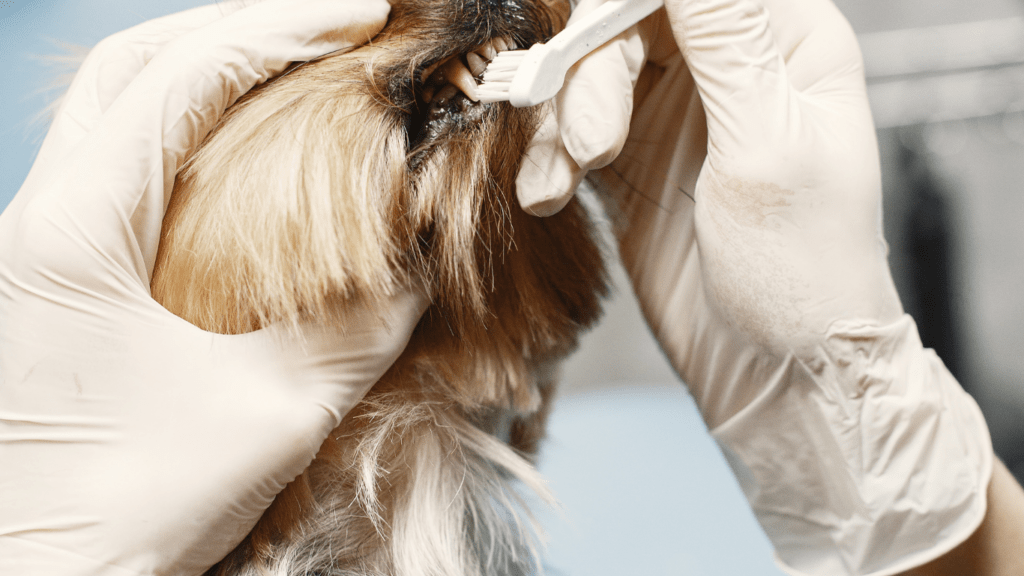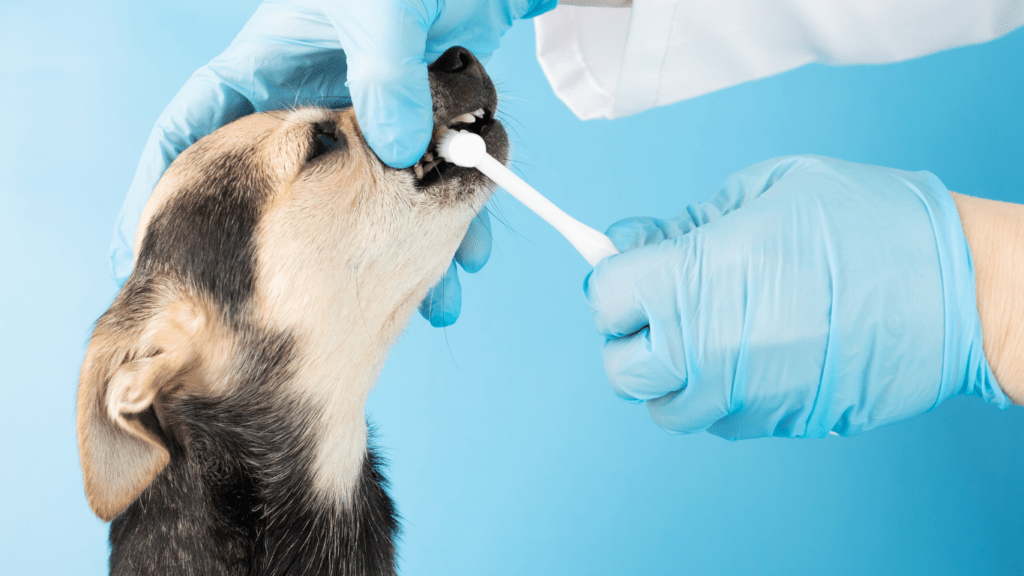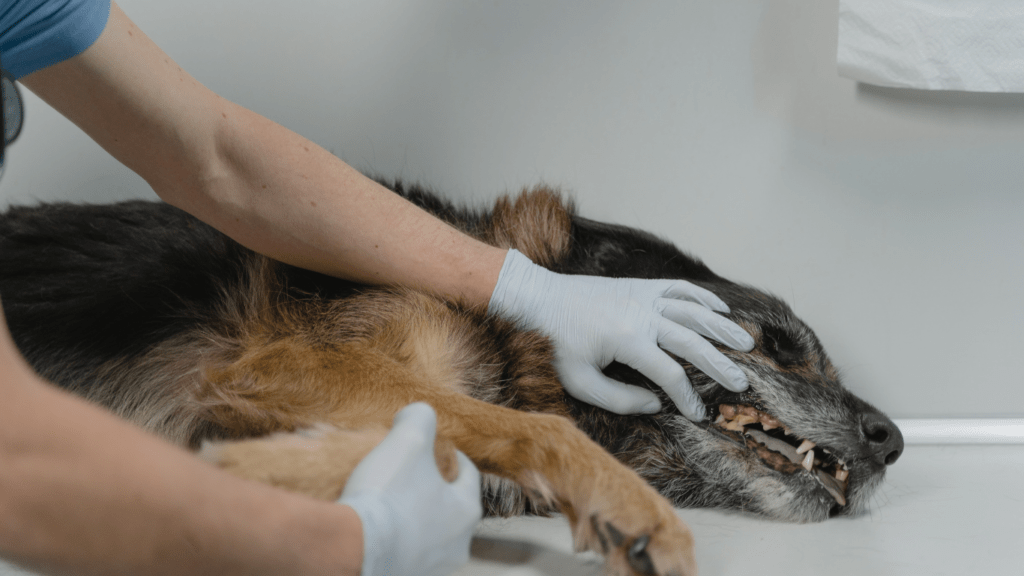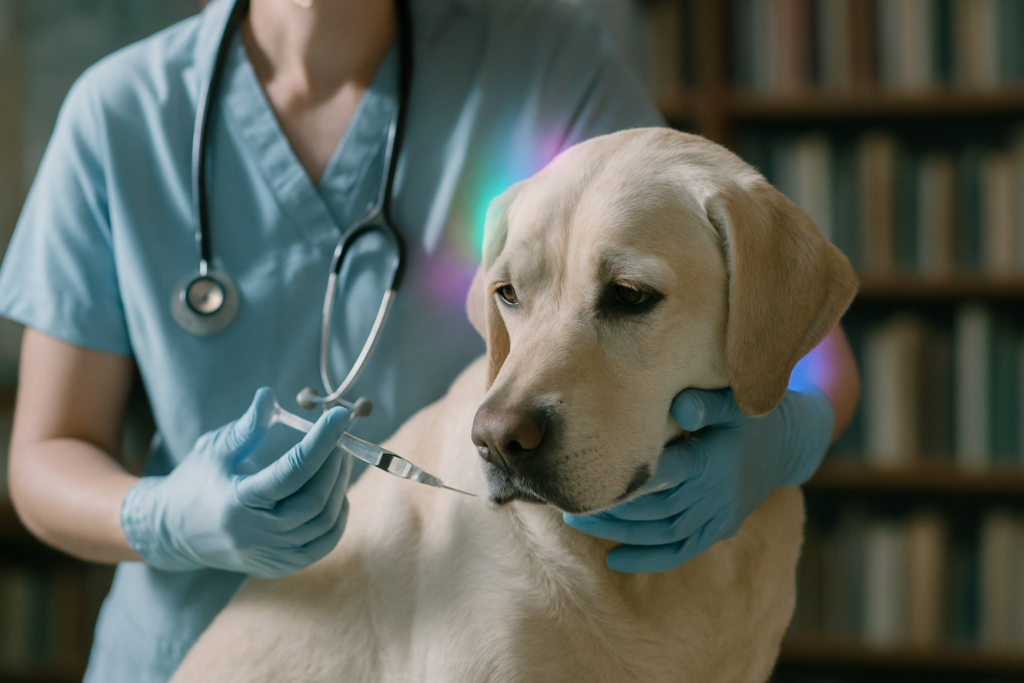As a pet owner, I know how important it is to ensure our furry friends have the best care possible. One often overlooked aspect of pet health is dental care. Just like us, pets need regular attention to their teeth and gums to prevent dental issues that can impact their overall well-being. In this comprehensive guide, I’ll walk you through everything you need to know about pet dental care to keep your four-legged companions smiling and healthy.
From understanding the signs of dental problems to implementing a proper dental hygiene routine, this guide covers it all. I’ll share expert tips, recommended products, and practical advice on how to maintain your pet’s oral health at home. Whether you have a playful pup or a cuddly cat, taking care of their dental needs is vital for their longevity and happiness. Let’s dive into the ultimate guide to pet dental care and ensure your pet’s pearly whites shine bright for years to come.
Benefits of Pet Dental Care
Understanding the benefits of pet dental care is crucial for enhancing the overall well-being of our furry friends. Here, I’ll delve into the advantages of maintaining good oral hygiene in pets to ensure they lead healthy and happy lives.
- Improved Oral Health: Prioritizing pet dental care helps prevent dental issues such as tartar buildup, gingivitis, and periodontal disease. By regularly brushing your pet’s teeth and providing dental treats or toys, you can promote healthy gums and reduce the risk of oral infections.
- Fresher Breath: Dental care plays a key role in keeping your pet’s breath fresh. Good oral hygiene practices, including brushing and using dental chews, can help eliminate bacteria in the mouth that cause bad breath, ensuring your pet has minty-fresh breath during cuddle sessions.
- Enhanced Overall Health: Maintaining a proper dental care routine for your pet not only benefits their oral health but also contributes to their overall well-being. Dental issues can lead to systemic problems affecting the heart, kidneys, and other organs. By taking care of your pet’s teeth, you’re safeguarding their general health.
- Pain Prevention: Regular dental care can help detect dental problems early, preventing pain and discomfort for your pet. By addressing issues promptly, such as loose teeth or inflamed gums, you can ensure your pet stays happy and free from dental-related pain.
- Cost-Effective Care: Investing in your pet’s dental health through preventive measures like brushing and dental check-ups can save you money in the long run. Preventing dental diseases early on avoids costly treatments down the road, making it a wise financial decision for both your pet’s health and your wallet.
By understanding and prioritizing the benefits of pet dental care, you’re not only enhancing your pet’s quality of life but also fostering a strong bond based on care and well-being. Regular dental care is a cornerstone of responsible pet ownership, ensuring your furry companion stays healthy, happy, and smiling brightly.
Importance of Regular Dental Check-ups
Regular dental check-ups for pets are crucial in maintaining their oral health. During these check-ups, veterinarians can assess your pet’s teeth and gums, identifying any potential issues early on. Early detection of dental problems can prevent them from escalating into more serious conditions, ensuring your pet’s overall well-being.
Early Detection of Dental Issues
Early detection of dental issues is key to preventing pain and discomfort for your pet. Through regular dental check-ups, veterinarians can spot signs of gum disease, tooth decay, or oral infections before they worsen. Addressing these problems promptly not only saves your pet from suffering but also helps you avoid costly treatments later on.
Prevention of Dental Disease
Prevention is always better than cure, especially when it comes to dental disease in pets. Regular dental check-ups play a significant role in preventing dental issues before they become problematic. By maintaining a consistent dental care routine and attending check-ups as recommended by your veterinarian, you can ensure that your pet’s teeth and gums stay healthy and free from disease. Investing in preventive measures ultimately leads to a happier, healthier pet in the long run.
Key Aspects of Pet Dental Hygiene
To ensure optimal dental health for your furry friends, several key aspects of pet dental hygiene should be considered. By paying attention to these crucial elements, you can help maintain your pet’s oral well-being and overall health.
- Regular Brushing: One of the most important aspects of pet dental care is regular brushing of your pet’s teeth. Brushing helps prevent tartar buildup, reduces the risk of gum disease, and keeps your pet’s breath fresh. Aim to brush your pet’s teeth at least a few times a week using a pet-specific toothbrush and toothpaste.
- Diet and Chewing Habits: The food your pet eats can significantly impact their dental health. Providing your pet with a balanced diet that promotes good oral health, along with appropriate chew toys or dental treats, can help keep their teeth clean and strong. Avoid feeding your pet table scraps or sugary snacks that can contribute to dental issues.
- Professional Dental Cleanings: In addition to at-home care, professional dental cleanings by a veterinarian are essential for maintaining your pet’s oral health. Regular dental check-ups and cleanings can help identify any potential issues early on and prevent more significant problems from developing.
- Monitoring Dental Health: Keep an eye out for signs of dental problems in your pet, such as bad breath, swollen gums, discolored teeth, or difficulty eating. If you notice any of these symptoms, consult your veterinarian promptly to address the issue before it worsens.
- Establishing a Routine: Consistency is key when it comes to pet dental care. Establishing a regular dental hygiene routine that includes brushing, monitoring your pet’s dental health, and scheduling professional cleanings will help ensure that your pet maintains excellent oral hygiene throughout their life.
By focusing on these key aspects of pet dental hygiene, you can prioritize your pet’s oral health, prevent dental issues, and promote their overall well-being. Regular care and attention to your pet’s teeth and gums will result in a happier, healthier companion for years to come.
Common Dental Problems in Pets
As an experienced pet blogger, I’ve encountered various common dental issues that pet owners should be aware of to ensure their furry companions’ oral health is in top shape. Here, I’ll outline some prevalent dental problems in pets that can impact their overall well-being if left unattended.
- Plaque and Tartar Build-Up: One of the most common dental problems in pets is the accumulation of plaque and tartar on their teeth. Without regular brushing or dental care, plaque can harden into tartar, leading to gum inflammation and potential tooth loss.
- Gingivitis: Just like humans, pets can also suffer from gingivitis, which is characterized by red, swollen gums. If not addressed promptly, gingivitis can progress to periodontal disease, causing pain and discomfort for your pet.
- Bad Breath (Halitosis): Persistent bad breath in pets can be a sign of underlying dental issues such as gum disease or tooth decay. Regular dental check-ups can help identify the root cause of bad breath and address it effectively.
- Tooth Fractures: Pets, especially dogs, may experience tooth fractures due to chewing on hard objects or trauma. Fractured teeth can be painful and may require dental intervention to prevent further complications.
- Periodontal Disease: Advanced stages of dental issues can lead to periodontal disease, affecting the tissues and structures supporting the teeth. Periodontal disease can result in tooth loss and impact your pet’s overall health if not treated promptly.
By being aware of these common dental problems in pets, pet owners can take proactive steps to prioritize their pet’s oral health, including regular dental check-ups, professional cleanings, and establishing a consistent dental hygiene routine. Preventive care is key to ensuring your pet maintains a healthy and happy smile for years to come.




